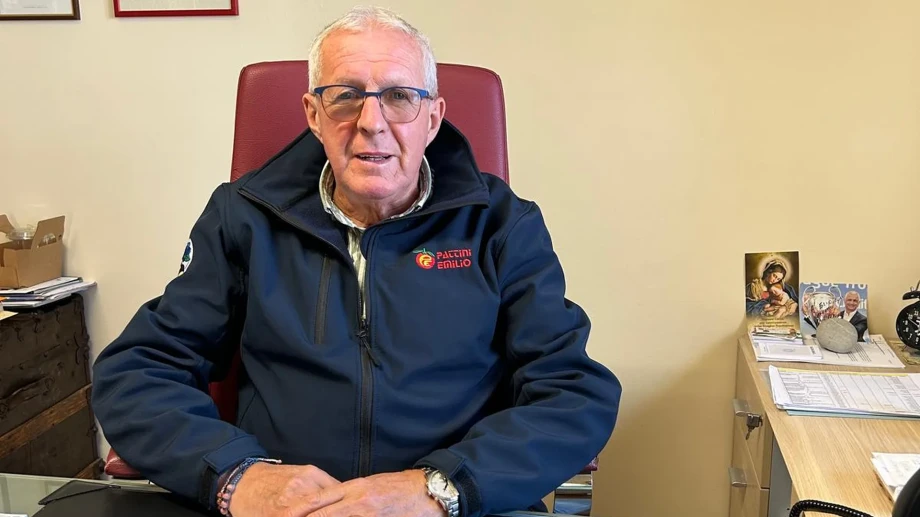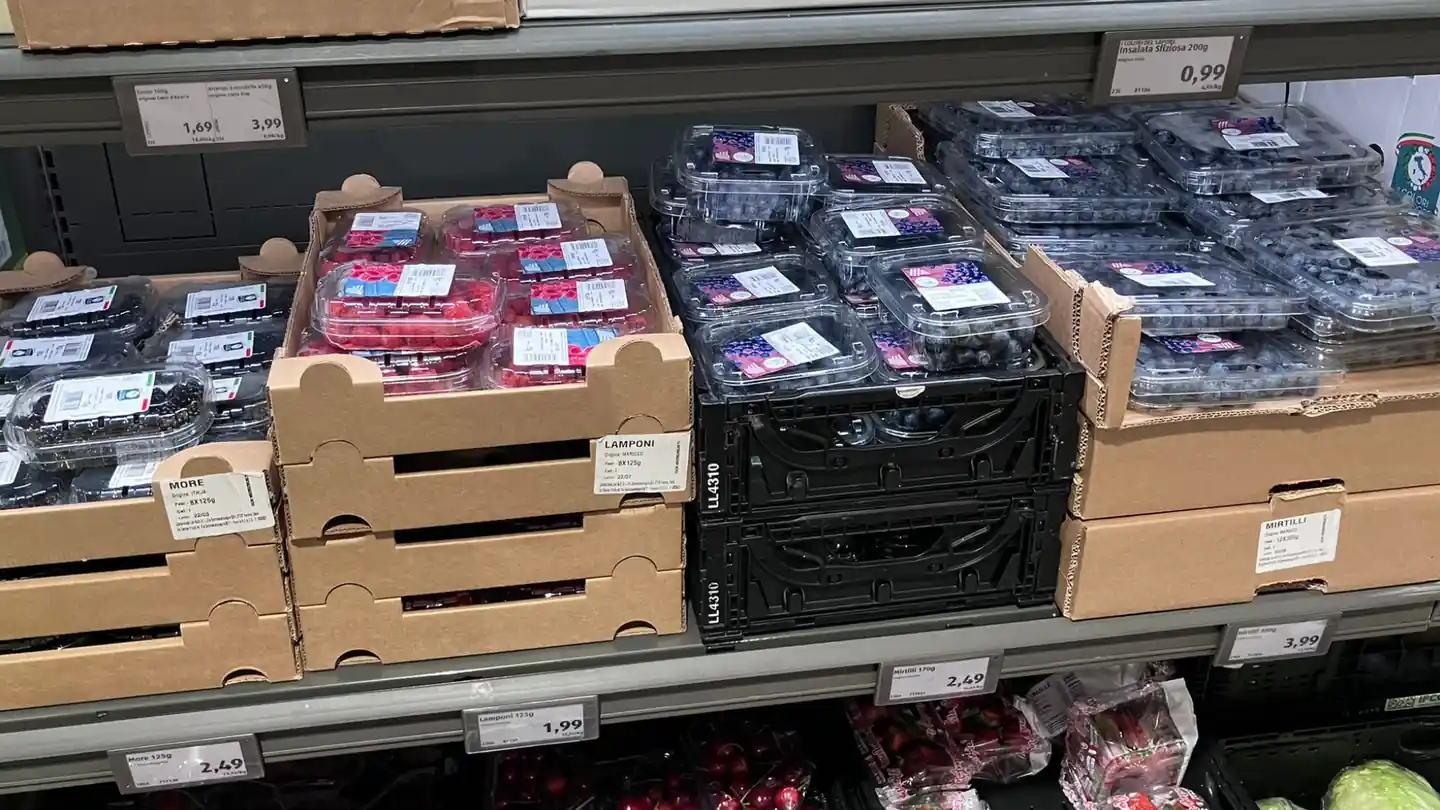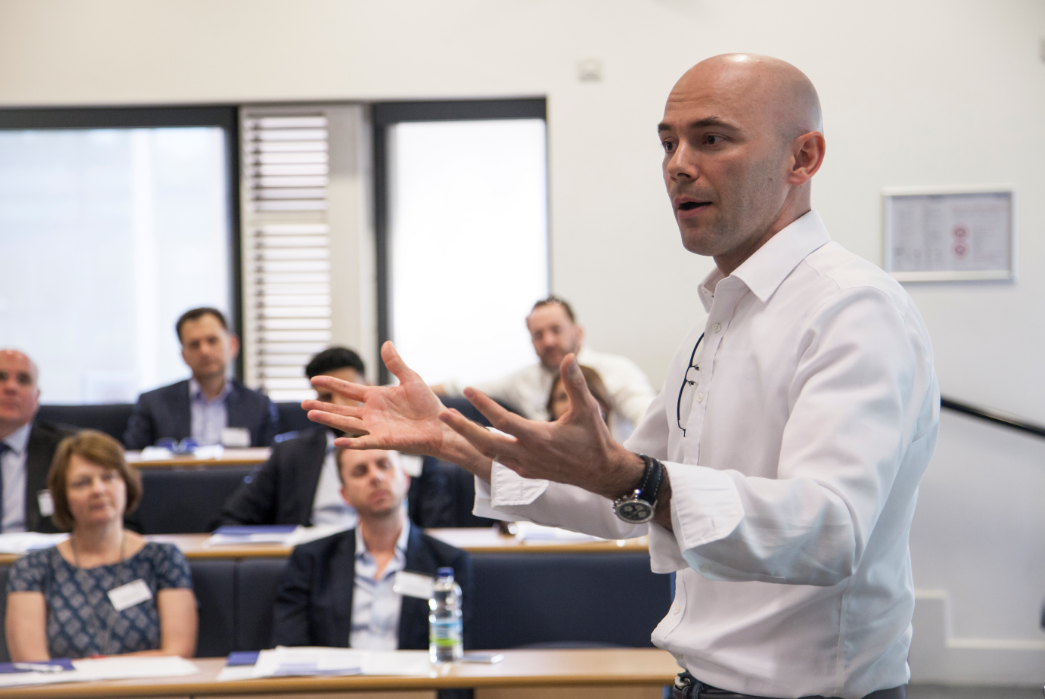Despite the general price increase and the need for many consumers to make choices, blueberries remain essential. Elio Pattini, owner of Pattini Emilio SAS, has high hopes for the future of blueberries within the berries segment, especially since, looking back, blueberries have never disappointed: “We’ve been handling them for 12 years now,” Elio Pattini shared with us, “and year after year, we’ve seen a continuous increase in production volumes, and consumption is growing. Personally, I see a positive trend for blueberries; they’re convenient to eat and healthy. I also believe there are still people who haven't discovered them yet. There's potential for further growth.”
Pattini Emilio SAS, founded in the 1950s, is located in Envie, in the province of Cuneo, an area where national production is concentrated. In Piedmont, there are 690 hectares cultivated with blueberries out of a total of 1,600. In particular, the province of Cuneo boasts 552 ha (2023 data). “On average, we work with 135 suppliers, all based in Piedmont. These range from small farms with 500 plants to farms with as many as 40,000 plants.”
The importance of the foreign market and the role of large-scale retail
The Piedmontese company markets blueberries from late May until well into August. As for distribution, 80% is sold abroad (Switzerland, Austria, Germany, Sweden, France, and, to a lesser extent, the United Kingdom), primarily through large-scale retail. However, the relationship with Italian customers is different: in Italy, they work very little with supermarkets, instead selling to wholesale markets (mainly Milan, Bergamo, Genoa, Bologna) and wholesalers. Although blueberries have only recently been included in their product range, they have quickly become a significant asset, now accounting for 50% of the turnover for Pattini Emilio SAS.
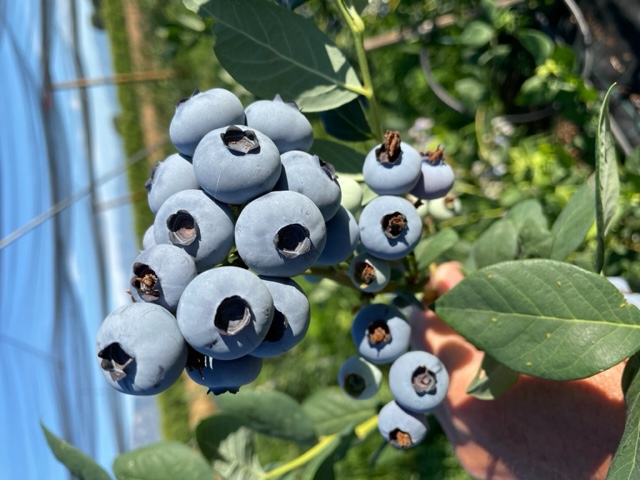
“Every year, we grow, add new producers, increase yields, and our producers are becoming increasingly professional. Over the years, we have focused a lot on quality, creating a real team with our suppliers,” Elio Pattini added.
Overcoming climate challenges to improve production
Despite facing considerable climate challenges during the 2024 blueberry season, production still increased this year: “The amount of marketable product grew by 5-6% compared to 2023. After the rains, there was a terrible temperature spike, which caused problems. When blueberries have already absorbed water, a sudden temperature change can cause them to split. That’s why I always prefer to have them harvested a few days in advance, while they're still slightly firm. This way, they hold up better,” Pattini explained.
Elio Pattini believes that the best way to stay competitive is to focus on quality and teamwork, each doing their part: “On one hand, there's Spain with significant volumes and a prolonged season. On the other, there are Eastern European countries, increasingly producing good, well-handled products. It's the quality that arrives at the warehouse that makes the difference, and over the years, our suppliers have grown tremendously. We also have the advantage of being in a highly suitable area and having specialized technicians who advise and support producers.”
Innovation and technology to improve shelf life
Since we began handling blueberries, plant spacing has become wider, and there’s been a lot of work done on pruning. Treatments and fertigation also play an important role. The weather remains unpredictable, but when work is done well in the field, the results show. Harvest timing is crucial as well; blueberries are delicate. I personally visit producers; there’s a lot of dialogue, and we provide guidance. Farmers have passion and commitment.”
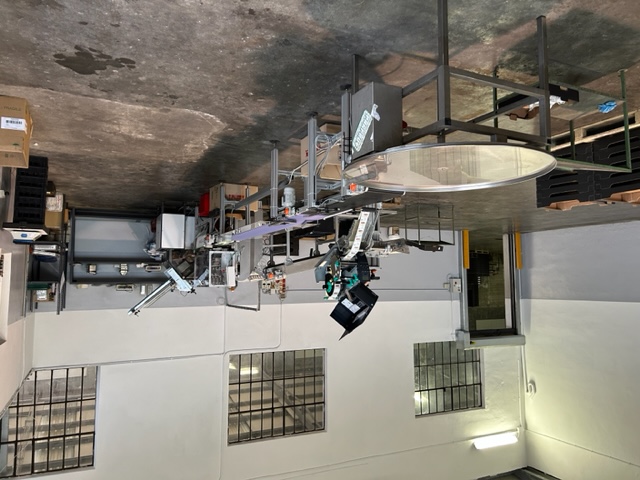
On the post-harvest storage and handling side, Pattini Emilio has done its part, especially since 80% of the product needs to travel across borders. The company now has two processing warehouses: “As soon as the product arrives from the fields, we put it in cold storage. Over the years, we’ve added semi-automated processing equipment, and in 2024 we introduced an automatic weigher that we’re very happy with. In an 8-hour workday, it allows us to handle an additional 6 tons. Our main focus when choosing it was on handling delicacy. Regarding shelf life, we’ve tested new technologies to extend it. Among the methods tested, we’re particularly convinced by modified atmosphere bags. Next season, we’ll continue testing, but any technological advancements help. The important thing is to ensure that the consumer receives a fresh and quality product; otherwise, they won’t buy it again,” Pattini concluded.
A targeted strategy for growth in the Ho.Re.Ca. channel
Elio Pattini looks to the future with optimism and has a clear strategy for consolidating the success of blueberries: “On one hand, we must continue building loyalty with suppliers and customers. We work with those who can recognize well-handled blueberries. We’ll keep an eye out for new varieties. In Piedmont, Duke is still predominant, but we need to start harvesting earlier and finish later to extend the season. There are always new producers, and some need to replace kiwifruit, so we try to advise our suppliers, although, of course, the decision is theirs.”
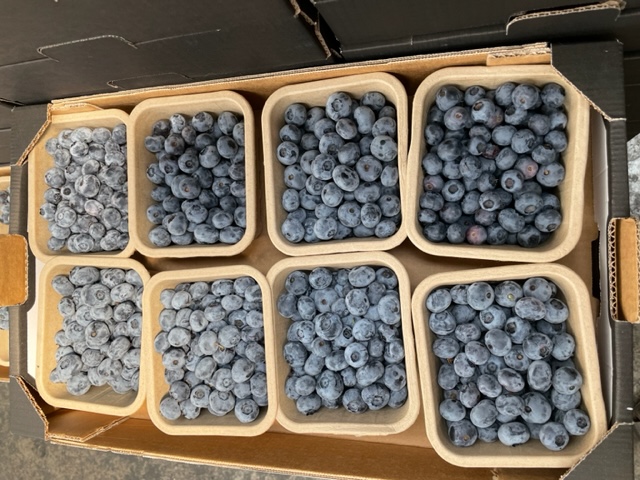
Currently, half of the blueberries sold by Pattini Emilio in Italy go to wholesale markets and the other half to wholesalers, who then sell to the Ho.Re.Ca. sector. The Ho.Re.Ca. sector has been the biggest surprise in recent years for Elio Pattini: “We believe in it; there's still a lot of room to grow. We started focusing on restaurants, beach clubs, hotels, a few years ago, and it’s been successful. It all started with a wholesaler we supplied with a trial batch of 100 kg of blueberries. Today, that wholesaler orders at least 200 kg daily. Blueberries are easy to consume, and during the tourist season in Liguria, we can achieve significant volumes. We aim to increase sales in that channel,” concluded Elio Pattini.





